An article giving you some useful tips on how to season your meat like a pro. Whether you are a novice or confident, there is something for everyone.
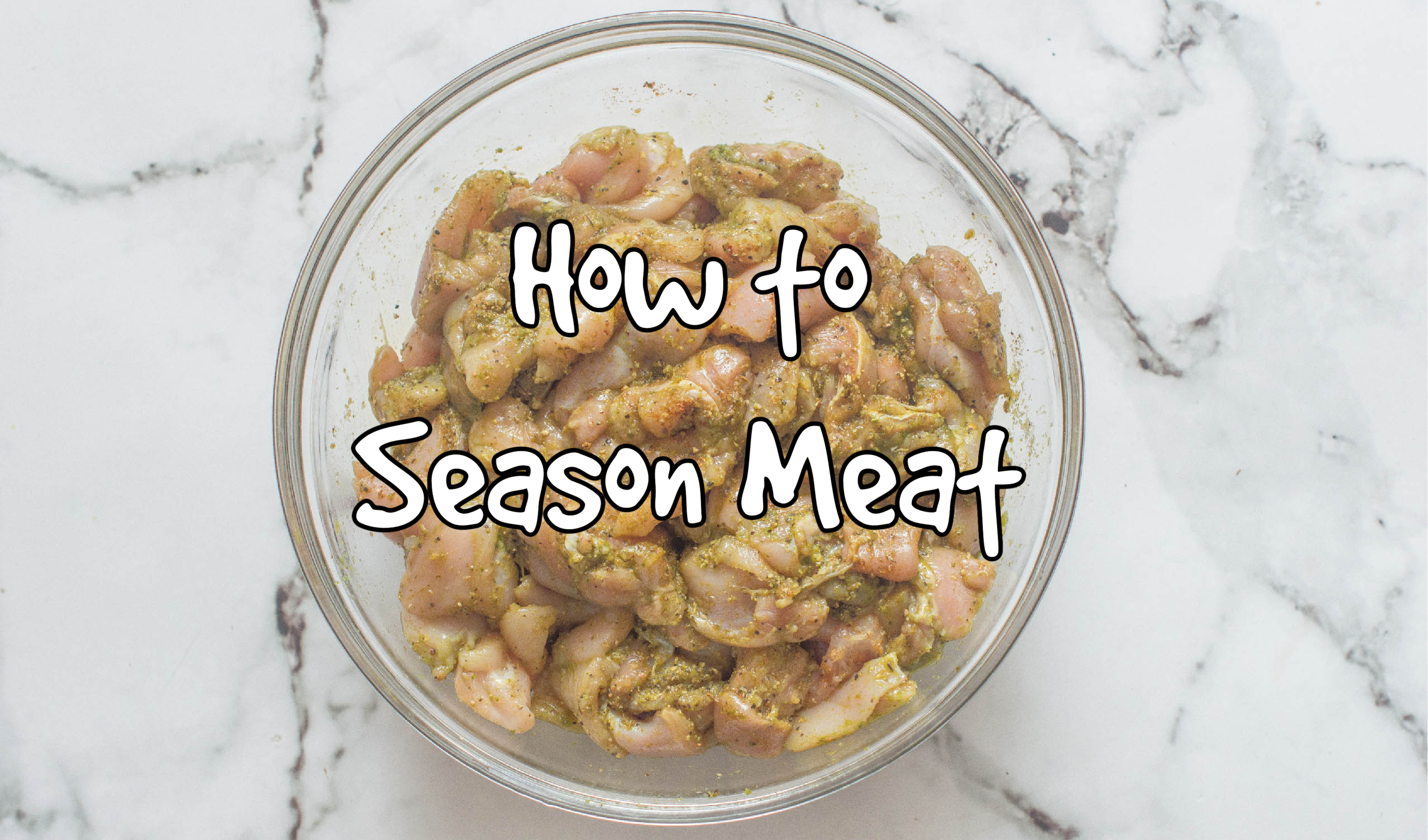
When it comes to cooking meat, some foundations need to be laid down right before we get to the cooking stage.
From a Caribbean perspective, your choice of meat should always be cleaned. I recently wrote an article discussing the importance of Seasoning meat isn't something you do because society tells you to. It also isn't something that you do for appearance sake either. Seasoning the meat is a great method for adding more depth and flavour to your meat during the cooking process. It sort of intensifies the natural flavour of food without compromising it. Especially when your are browning (searing) meat, the seasoning will form a crust and the juice from the meat will extract which in turn helps to develop its flavour. You can even conduct your own experiment by tasting seasoned meat vs unseasoned to see which one you prefer. Most people will have a preference for food that is seasoned because the seasoning will trigger your tastebuds. Seasoning isn't just about adding an array of herbs and spices to your meat. You also need to take into account when cooking the meat, what the meat tastes like which is why I always recommend doing a taste test during/after cooking. Everyone has their own sense of smell/taste and the taste of food can alter as it is being cooked. You also want to use either a bowl that is large enough to accommodate the meat or a secure bag such as a ziplock or resealable bag. Keep your meat refrigerated and covered during the marinating process, don't leave it open to the air. The answer to this question really depends on what seasoning you are using. For instance, let's say you are seasoning some Tenderising is as equally as essential and works in tandem with seasoning meat. When we tenderise meat, what we are doing is helping to break down the connective tissue which allows the marinade and seasoning to be absorbed a lot better. This is an extremely great technique for cheap cuts of meat. There are a few ways that you can do this but these are my preferred methods; Use a rolling pin/mallet - Place the meat on a chopping board, cover it completely with saran wrap/cling film and gently hit the meat in different places with your mallet/rolling pin to break down the tissue. Pounding works best with small cutlets, particularly meat that is boneless and/or if you plan on searing the meat first. Fruit Juice - Any type of fresh, pure fruit juice will do i.e pineapple, papaya, orange etc.. leave the meat to sit in fruit juice. The enzymes of the fruit juice will breakdown the protein making the meat more tender (Do this for no longer than 2 hours). Poke holes - This is the method that my family use the most, this is more for the benefit of marinating rather than tenderising. Using a long tined fork to pierce the meat. Small holes allow the seasoning/marinade to penatrate deeper into the meat. Some people do argue that by poking holes in the meat that you loose the juices of the meat and that it can lead to drying it out and thus resulting in being tough. I cannot say that has been my experience, but there is no harm in trying it for yourself. **Don't forget to comment below and star rate if you have tried my recipes. Let's be friends and engage on YouTube, Facebook and Instagram I also like to pin on Pinterest, where you can find more amazing recipes.**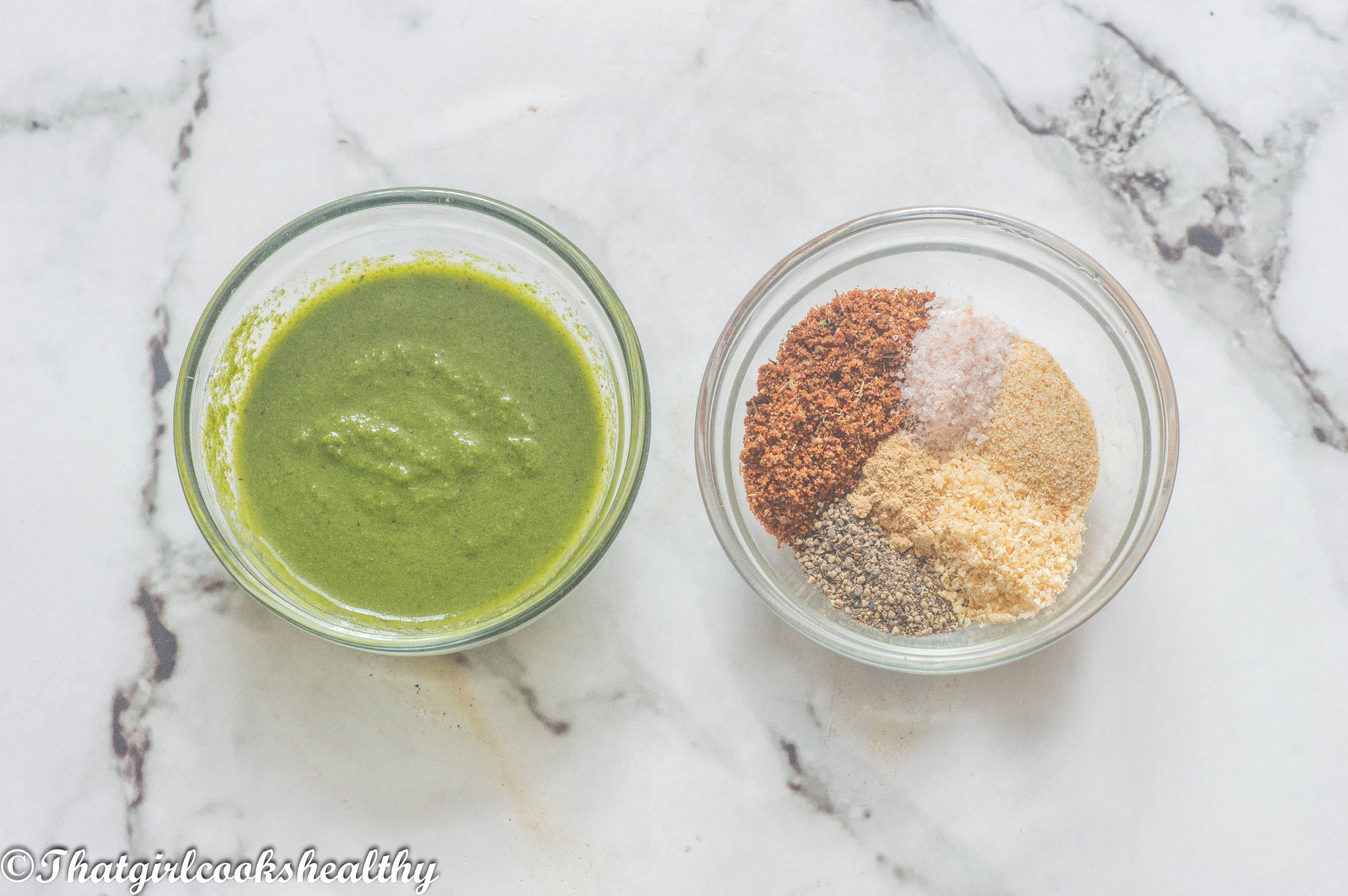
Why is it important to season meat?
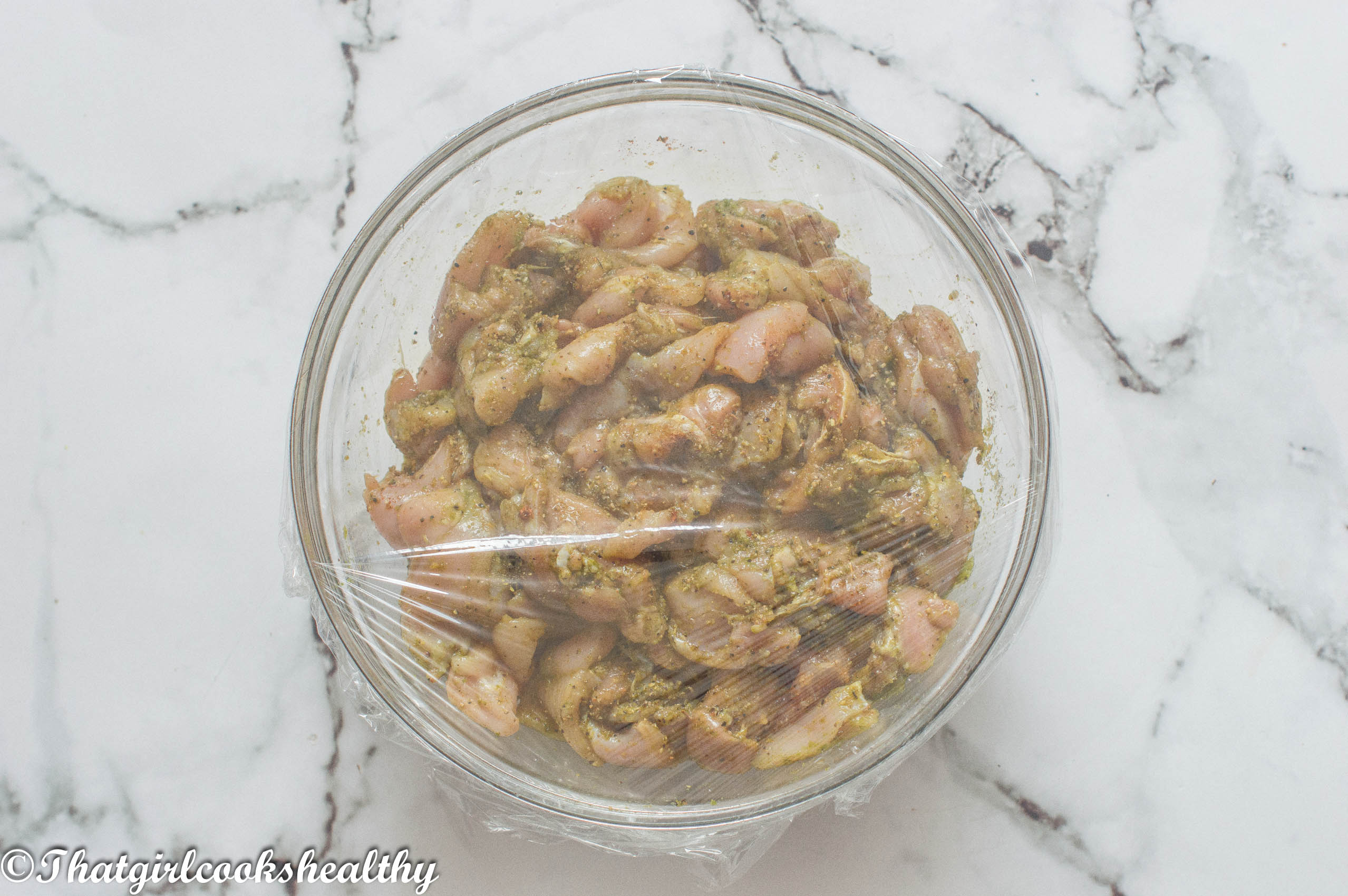
How long should you marinate meat for?
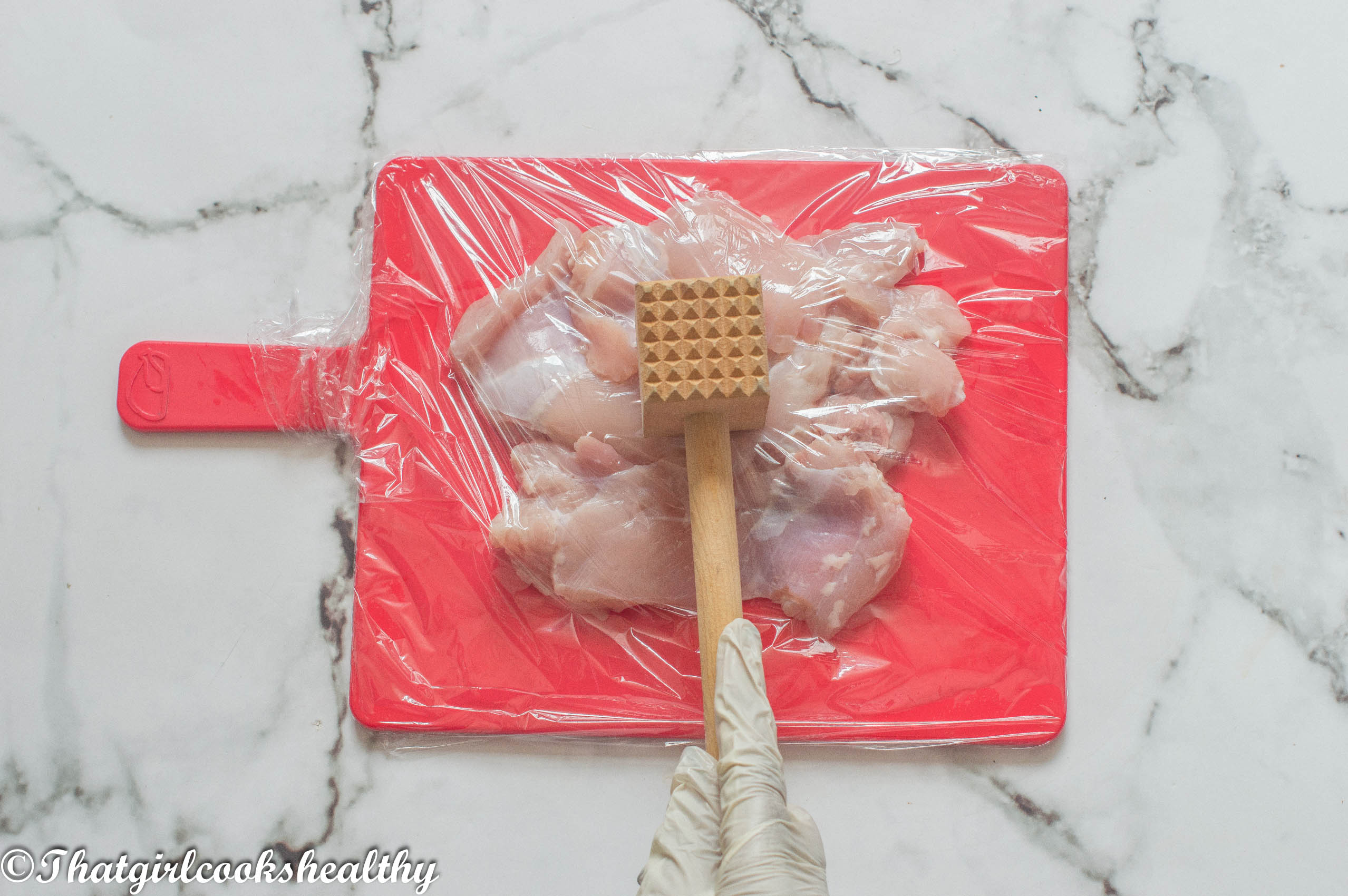
How to tenderise and permeate meat
How to season/marinate the meat
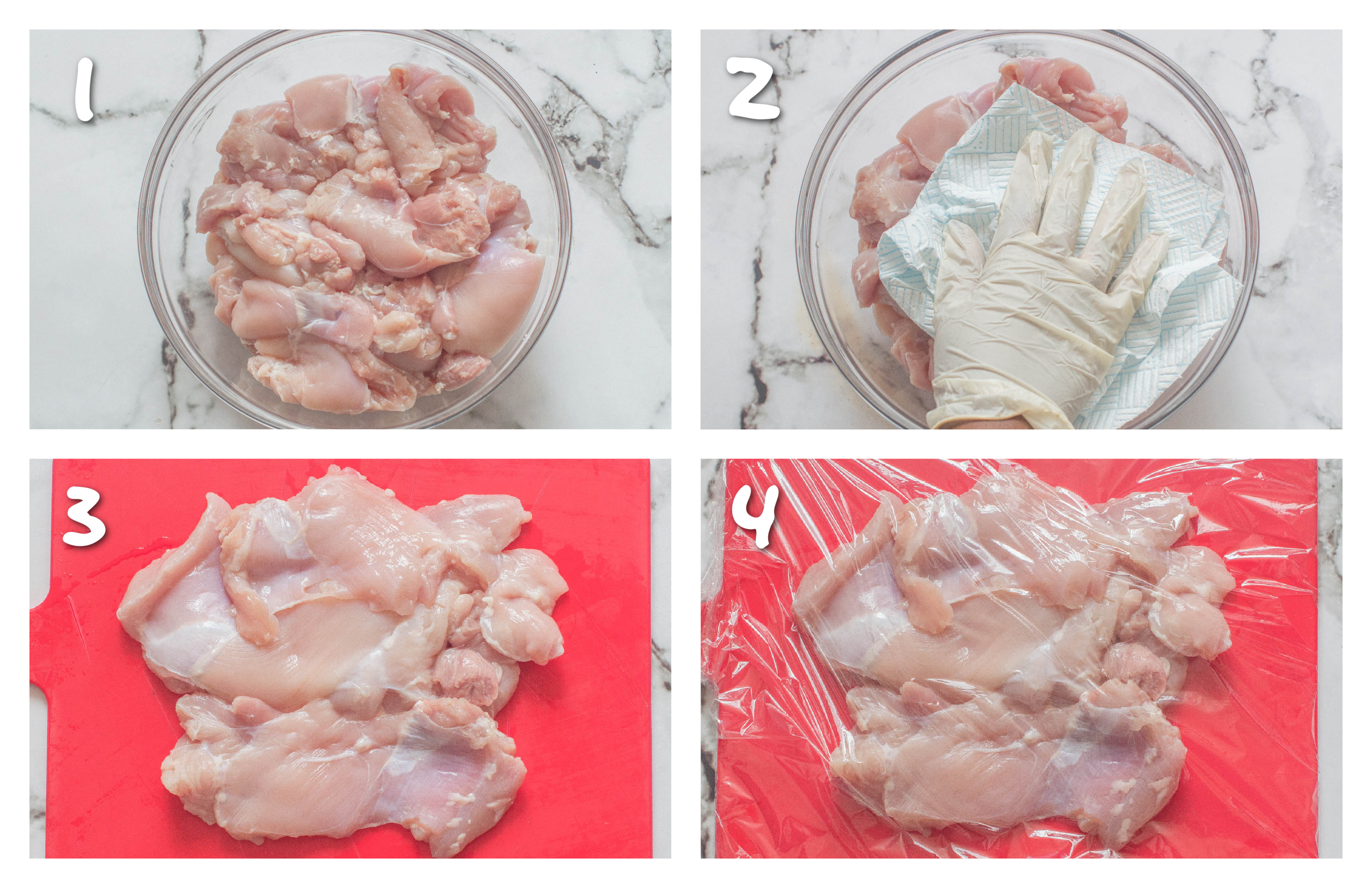
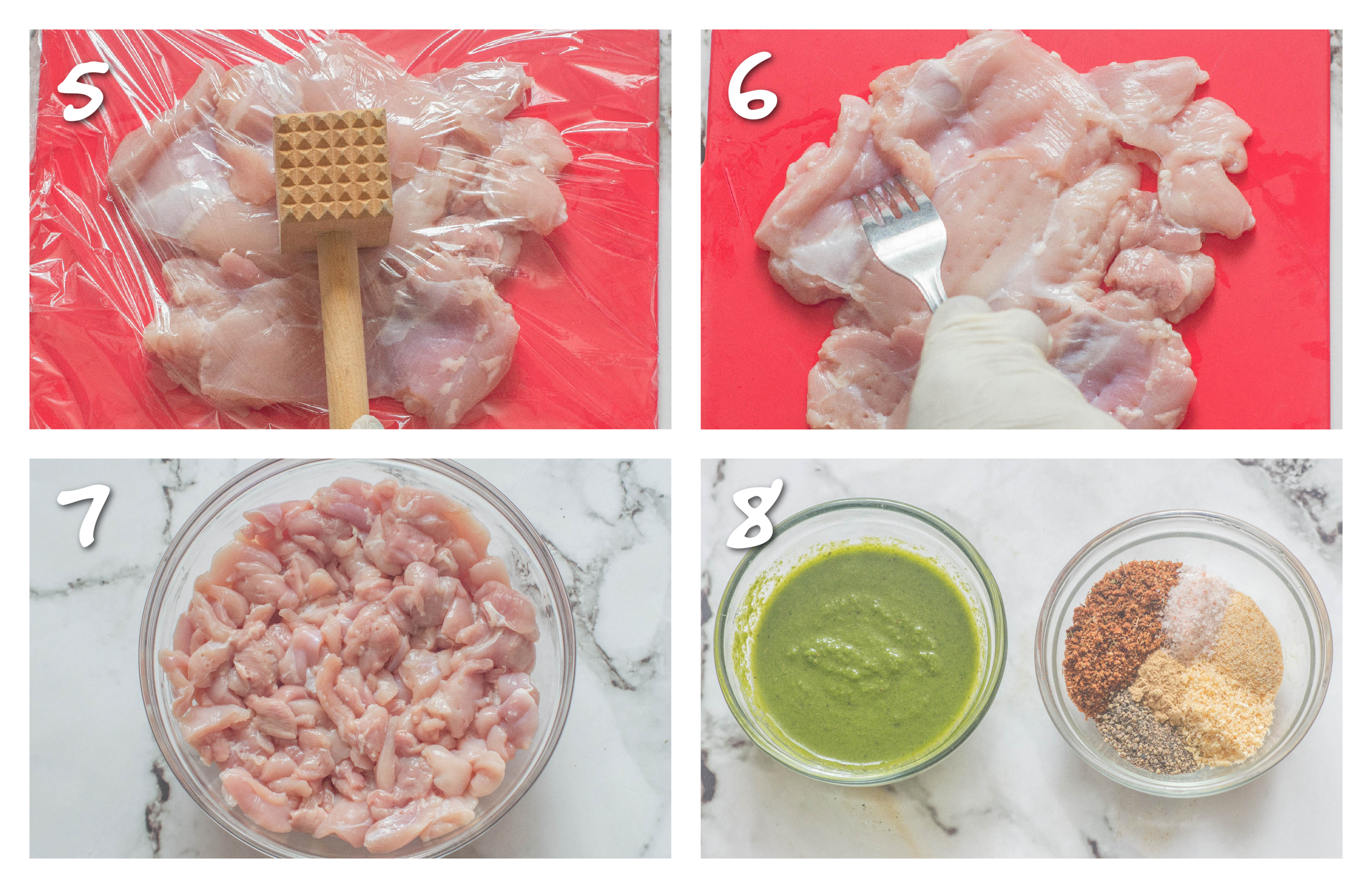
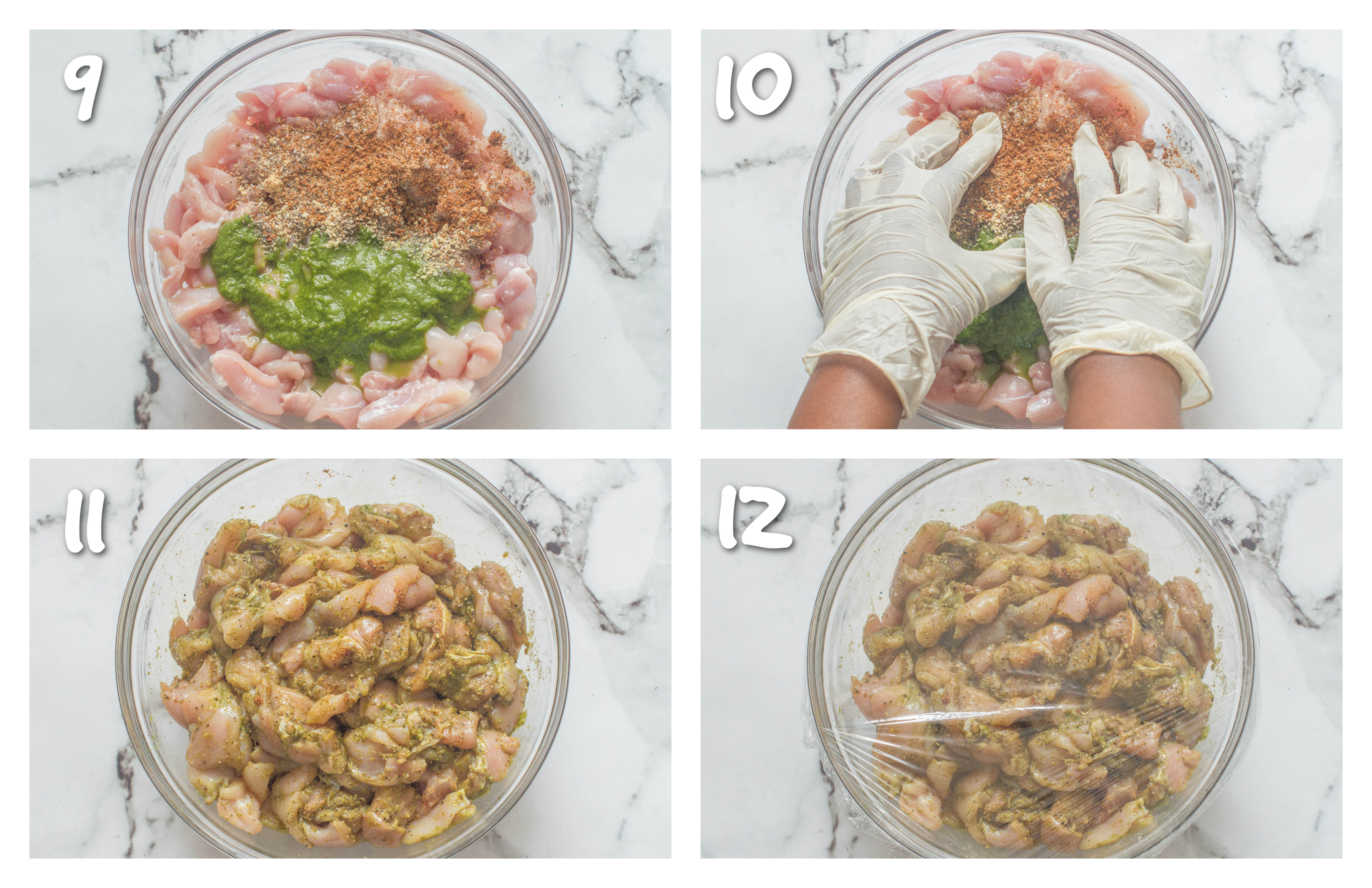
More posts you may like
Recipes you can try tenderising





Leave a Reply